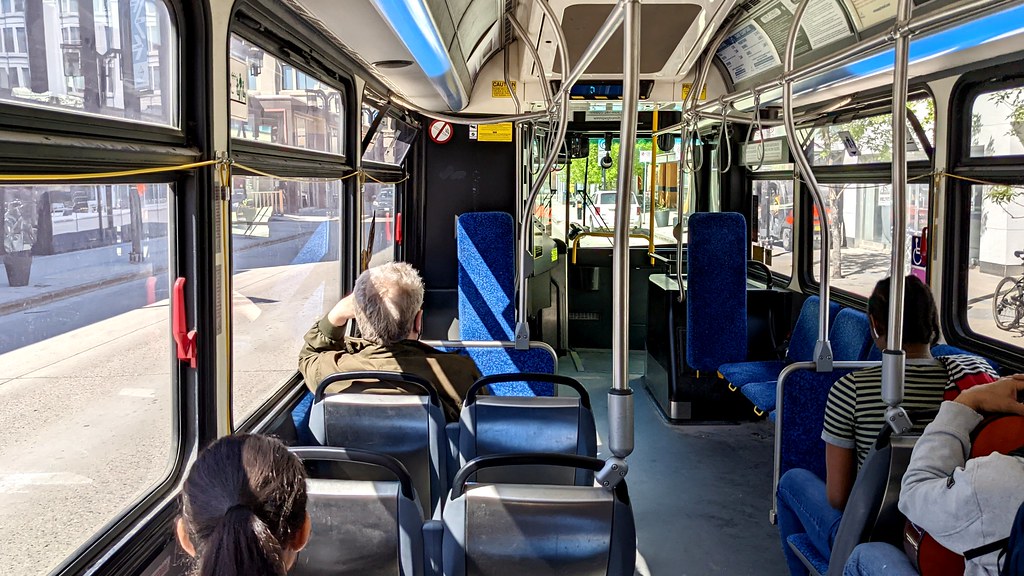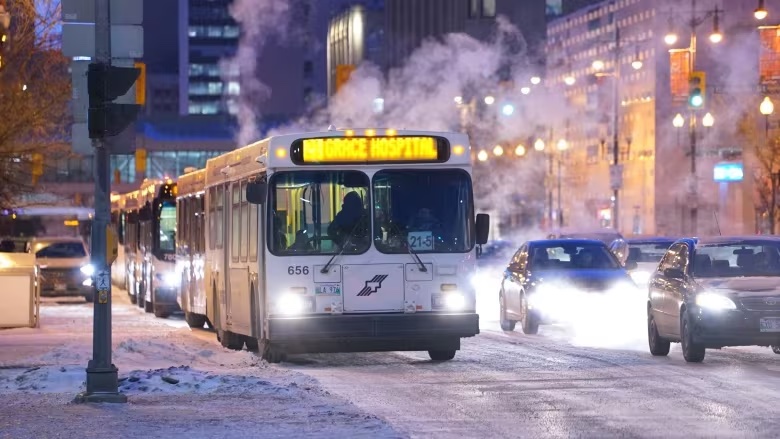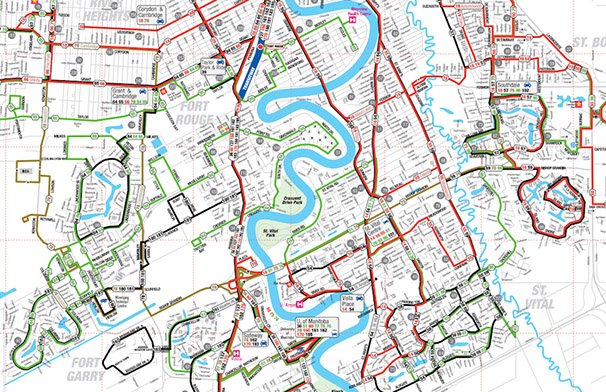Missing the Bus Zotero Library
January 8, 2025
Angela Ciceron

As a part of Missing the Bus, a Zotero library was created to aid in gathering and organizing resources related to the project. Zotero is a free, easy-to-use tool to help you collect, organize, annotate, cite, and share research.
To access the Zotero library, click here.
The creation of this library was a collaborative project. We are grateful to student research assistants Betchel Belachew, Hannah Bowers, Sarah Hourie, and Trixie Maybituin for their work on this project.
Missing the Bus is a Knowledge Synthesis Grant, funded by the Social Sciences and Humanities Research Council (SSHRC) and Infrastructure Canada to study public transit issues, identifying gaps and opportunities to guide policy-makers and service providers. To learn more about Missing the Bus, visit https://chrr.info/current-projects-2/missing-the-bus/.

Indigenous Women, Girls, and Gender-Diverse People’s Human Right to Public Transportation – A Policy Brief
Indigenous Women, Girls, and Gender-Diverse People’s Human Right to Public Transportation - A Policy Brief
October 30, 2024
Trixie Maybituin

Content Warning:
This policy brief relates to missing and murdered Indigenous women and girls and Two-Spirit+ people and its content may be disturbing or triggering for readers. A reminder that the National Inquiry into Missing and Murdered Women and Girls has a free 24-hour Support Line available at: 1-844-413-6649.
This policy brief expands upon and asserts the idea of public transportation as a human rights issue. Specifically, the current state of public transportation pushes Indigenous women and Two-Spirit Plus people to dangerous and unsafe situations. Fulfilling various modes of public transportation is thus a human rights obligation, and failure to facilitate rights holders’ access to public transportation prompts potential human rights violations.
This policy brief flows from work completed as part of the “Missing the Bus: Indigenous Women and Two-Spirit Plus People and Public Transit in Western Canada” project. “Missing the Bus” was funded by a Social Sciences & Humanities Research Council (SSHRC)-funded Knowledge Synthesis Grant (2020).
We would also like to acknowledge Jessica Paley (Indigenous Relations Division at the City of Winnipeg), who contributed her knowledge and guidance to this policy brief.

Missing the Bus
2022
Olivia Macdonald Mager, Dr. Adele Perry, Dr. Jocelyn Thorpe, Dr. Karine Duhamel

Dr. Adele Perry, Director of the Centre for Human Rights Research worked alongside Co-Investigator Jocelyn Thorpe and Collaborator Karine Duhamel in this SSHRC and Infrastructure “Knowledge Synthesis” project that examines the connections between public transit, especially intracity or long distance transit, and Indigenous women and Two-Spirit Plus people in Western Canada.

Resource Hub
Missing the Bus: Indigenous Women and Two-Spirit Plus People and Public Transit in Western Canada
2022
Dr. Adele Perry, Dr. Jocelyn Thorpe, Dr. Karine Duhamel

Dr. Adele Perry, Director of the Centre for Human Rights Research worked alongside Co-Investigator Jocelyn Thorpe and Collaborator Karine Duhamel in this SSHRC and Infrastructure “Knowledge Synthesis” project that examines the connections between public transit, especially intracity or long distance transit, and Indigenous women and Two-Spirit Plus people in Western Canada.
Related Resources
Support Us
Whether you are passionate about interdisciplinary human rights research, social justice programming, or student training and mentorship, the University of Manitoba offers opportunities to support the opportunities most important to you.
Resource Hub
Three UM Researchers to Examine more Equitable and Sustainable Public Transport Opportunities
June 7, 2021
UM Today Staff


Contact Us
We’d love to hear from you.
442 Robson Hall
University of Manitoba
Winnipeg, Manitoba
R3T 2N2 Canada
204-474-6453
Quick Links
Subscribe to our mailing list for periodic updates from the Centre for Human Rights Research, including human rights events listings and employment opportunities (Manitoba based and virtual).
Land Acknowledgement
The University of Manitoba campuses are located on original lands of Anishinaabeg, Ininew, Anisininew, Dakota and Dene peoples, and on the National Homeland of the Red River Métis.

